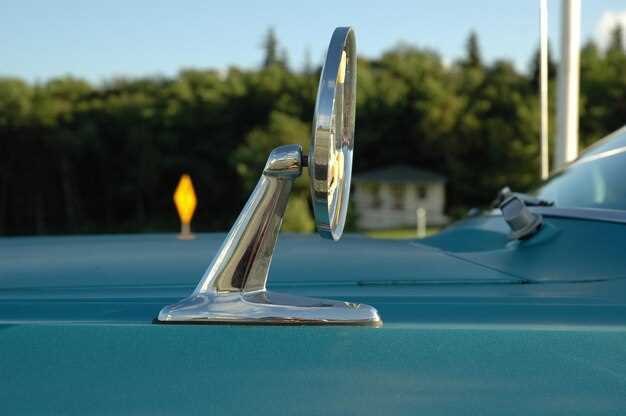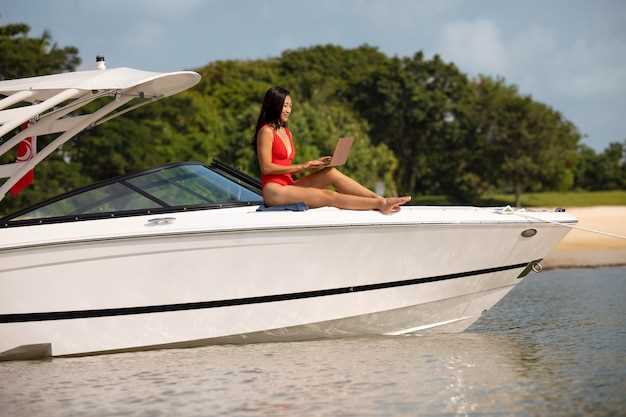
The marine industry is undergoing a significant transformation as technological advancements pave the way for cleaner and more sustainable alternatives. Among these innovations, electric boats have emerged as a promising solution, offering a range of benefits for both consumers and investors. As more individuals and companies seek environmentally friendly options, understanding the potential advantages and challenges of investing in electric boats becomes crucial.
Electric boats operate using electric motors powered by renewable energy sources, drastically reducing emissions and minimizing their impact on aquatic ecosystems. This shift towards electric propulsion not only aligns with global sustainability goals but also appeals to a growing market of eco-conscious consumers. However, investors must weigh these benefits against the potential risks and limitations inherent in this evolving sector.
In this analysis, we will explore the key pros and cons of investing in electric boats, highlighting aspects such as market trends, technological developments, operational costs, and regulatory challenges. By examining these factors, we aim to provide a comprehensive overview that aids prospective investors in making informed decisions in the burgeoning electric boating industry.
Cost-Benefit Comparison for Electric Boat Ownership

Owning an electric boat presents a unique opportunity to embrace an eco-friendly mode of recreation. The cost-benefit analysis of electric boat ownership involves evaluating a range of factors that contribute to both initial investment and long-term savings.
Initial Costs: Electric boats often have a higher purchase price compared to traditional gasoline-powered vessels. This is primarily due to the advanced technology used in electric motors and battery systems. However, various government incentives and rebates for eco-friendly investments can help offset these initial costs, making the transition more financially feasible.
Operating Costs: One of the defining advantages of electric boats is their low operating costs. Electricity is generally cheaper than gasoline, resulting in decreased fuel expenses over the lifespan of the boat. Additionally, electric motors require less maintenance than their gasoline counterparts, leading to further savings on repairs and part replacements.
Environmental Impact: The shift towards electric boats is a strong commitment to reducing carbon footprints. Electric boats produce zero emissions during operation, making them an eco-friendly choice for boating enthusiasts who prioritize sustainability. This aspect can enhance the owner’s experience, knowing their recreational activities are not contributing to pollution.
Resale Value: While traditional boats have a well-established resale market, electric boats are gradually gaining traction. As consumer awareness of eco-friendly technologies increases, the potential resale value of electric boats may improve, providing financial returns for owners in the long run.
Potential Outages: A downside to consider is the dependency on charging infrastructure. While charging stations are growing in number, access can be limited in some regions. Owners may need to invest in home charging solutions or plan trips around available charging facilities, which could impact overall convenience.
In summary, the decision to invest in an electric boat should weigh the initial costs against long-term financial and environmental benefits. As technology evolves and the market expands, electric boat ownership becomes an increasingly attractive option for those seeking an eco-friendly way to enjoy the water.
Environmental Impact and Sustainability of Electric Boats

Electric boats are rapidly gaining popularity as an eco-friendly alternative to traditional gasoline or diesel-powered vessels. Their design aims to minimize environmental footprints while maximizing the enjoyment of water activities.
One of the most significant benefits of electric boats is the reduction of greenhouse gas emissions. Unlike conventional boats, which release harmful pollutants into the atmosphere and waterways, electric boats operate quietly and efficiently, producing zero local emissions. This feature is particularly crucial in sensitive marine environments, where maintaining water quality is essential for the health of aquatic ecosystems.
Moreover, the use of renewable energy sources to charge electric boat batteries enhances their sustainability. With the capability to harness solar or wind energy, these vessels can operate with significantly lower reliance on fossil fuels. This shift not only contributes to carbon reduction efforts but also encourages the development of cleaner energy infrastructure.
Additionally, many manufacturers are exploring sustainable materials to construct electric boats. Innovations in the use of recycled and biodegradable materials contribute to a greener lifecycle for the vessel, from production to disposal. Such efforts align with the broader goals of sustainability in marine industries.
However, there are challenges that need to be addressed to fully realize the potential of electric boats. The environmental impact of battery production and disposal remains a concern. Manufacturers must prioritize advancements in battery technology that minimize ecological harm and enhance recyclability.
In conclusion, while electric boats present significant advantages in terms of environmental impact and sustainability, continued innovation and responsible practices are essential to maximizing their potential as eco-friendly alternatives in the boating industry.
Technological Advancements Influencing Electric Boat Market Trends
The electric boat market is experiencing significant transformation driven by technological advancements. Innovations in battery technology are at the forefront, leading to improved energy density and reduced charging times. Modern lithium-ion batteries provide greater range and efficiency, making electric boats more viable for a wider range of applications.
Additionally, advancements in electric propulsion systems enhance performance and reliability. Innovations such as integrated electric motors and smart control systems allow for smoother navigation and increased maneuverability. These systems not only improve the user experience but also contribute to the overall sustainability of electric boating.
Furthermore, advancements in materials science have resulted in lighter and stronger hull constructions. Lightweight composite materials reduce the overall weight of electric boats, which in turn increases efficiency and enhances speed. This shift towards innovative materials supports the development of high-performance electric vessels that can compete with conventional boats.
The integration of smart technologies plays a crucial role in the evolution of electric boats. Features such as GPS navigation, automated controls, and real-time performance monitoring empower users with enhanced operational capabilities. Such technologies also promote safety and efficiency, attracting a wider audience to the electric boat market.
In summary, ongoing technological advancements in battery performance, propulsion systems, materials, and smart technologies are shaping the electric boat market. These innovations not only provide a foundation for growth but also enhance the appeal of electric boating, ultimately influencing investment trends in the industry.



